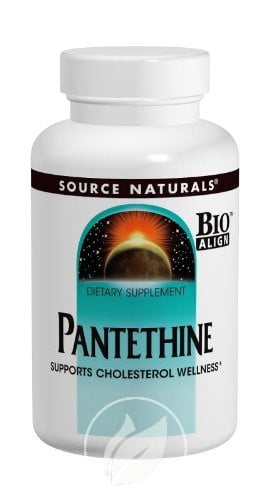


Her ultimate goal is developing and facilitating patient-centered, evidence-based, timely and equitable approaches to care. Her interests lie in understanding, individualizing and improving the care for people with diabetes and other chronic diseases. Supplements can also interact with other medications, either amplifying or diminishing their effects. In all people, but especially among those with kidney disease, supplements may cause acute kidney injury or intensify the long-term deterioration of kidney function. When the kidney’s filtering ability is impaired, supplements may accumulate and lead to toxicity. People with kidney disease have a harder time filtering medications, wastes, and excess fluids from the body, so it’s especially important for this population to know the safety risks of any supplements they’re taking, the researchers say. “Yet some of these supplements may be harmful, particularly if patients have underlying kidney disease, or even if they do not.”Ĭhronic kidney disease – which affects roughly 1 in 7 Americans, according to the Centers for Disease Control and Prevention – is the gradual loss of kidney function that can lead to kidney failure. “Many people take supplements without discussing it with their health care providers, likely because they assume these supplements to be safe and potentially beneficial,” says senior author Rozalina McCoy, M.D., a Mayo Clinic endocrinologist and general internal medicine doctor. The study published recently in the American Journal of Kidney Diseases. However, some of these supplements contain potassium or phosphorous – minerals that are often restricted for that population – or can otherwise be harmful to people with impaired kidney function. Many Americans decide to take supplements on their own, not because of a doctor’s recommendation, the researchers found, most often with the goal of improving their health. More than one-third of the 15.7 million Americans with moderate or advanced chronic kidney disease use dietary or herbal supplements, reports new research from Mayo Clinic.


 0 kommentar(er)
0 kommentar(er)
